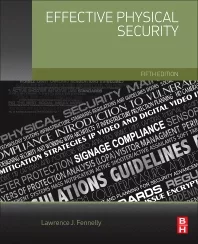Co-op Wins Tougher Copper Theft Laws
After repeatedly being a victim of copper theft, a Florida electric cooperative successfully fought for tough new ordinances in two counties it serves, and is now taking the battle to a third.
“We contacted the Pasco County Sheriff’s Office and worked with them in conjunction with the county commission and got the law passed,” said David Lambert, manager, member relations, at Withlacoochee River Electric Cooperative, in a Electric Co-op Today report.
The Dade City-based co-op has seen the number of copper theft cases—and the resulting bills—pile up. In 2007, Withlacoochee suffered $6,861 in theft and vandalism. Two years later the total reached $108,809. By last year the figure jumped to $266,780, the report says.
“There is a bill moving through the state legislature. But if the local bill gets in first, and it’s tougher, the local provision stays in,” Lambert explained.
The Pasco County measure was passed Feb. 7, with Hernando County following a week later. Both require scrap dealers to use the same software program as pawn brokers. The recyclers will have to record all metal purchases and email the list to the sheriff’s office by 10 a.m. the following day, says the report.
Lambert said “good, legal recyclers don’t have a problem with” the new law.
Withlacoochee supports similar legislation in Citrus County. “We’re going to hit every county that we can,” Lambert told ECT.coop.
In neighboring Georgia, a handful of copper theft bills are pending in the state legislature.
“We support the legislation,” said Tom Parker, vice president, external affairs and member relations, at Georgia Transmission Corp., which serves 39 distribution co-ops, says in the report.
The primary bill, which has already passed a state Senate committee, would create an electronic database of metal sellers and purchasers, and require payments be made by check or electronic transfer, not cash, says the report.
Parker called 2011 the “roughest year” Tucker-based Georgia Transmission has had with metal theft, recording 143 incidents, with each incident costing between $3,000 and $5,000.
Looking for a reprint of this article?
From high-res PDFs to custom plaques, order your copy today!




